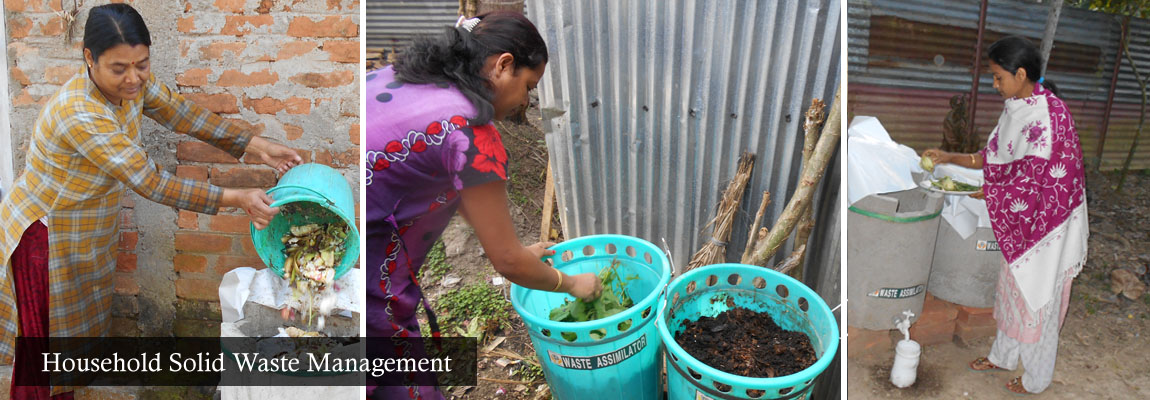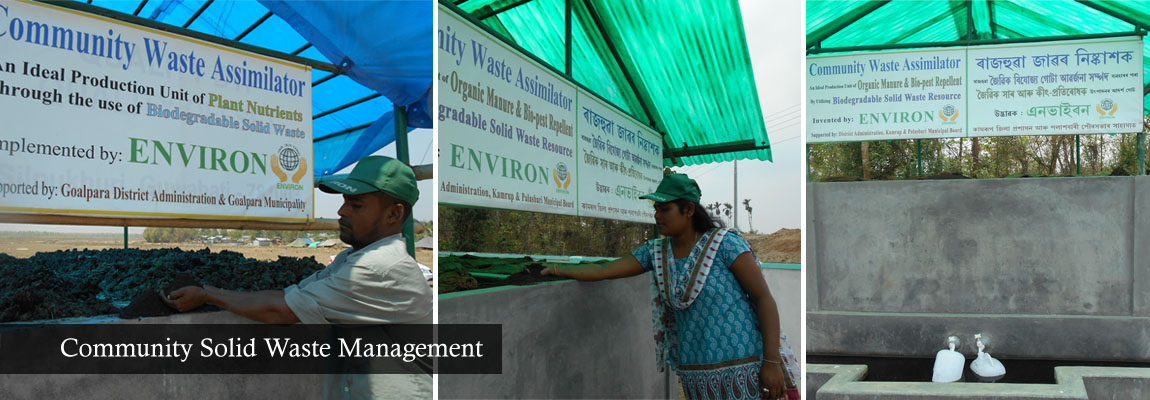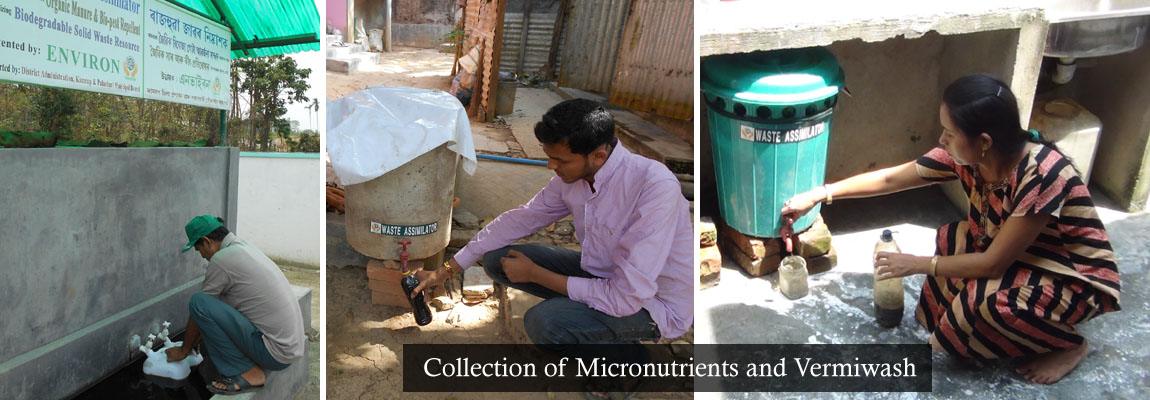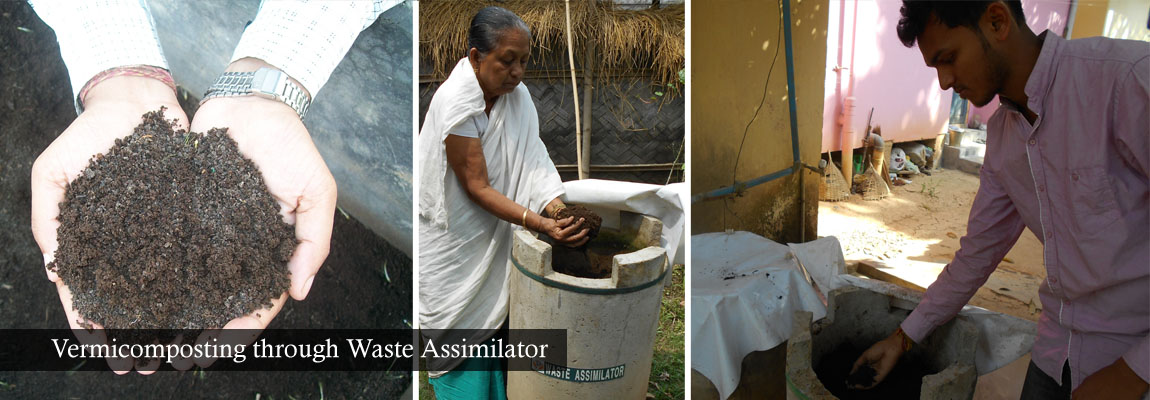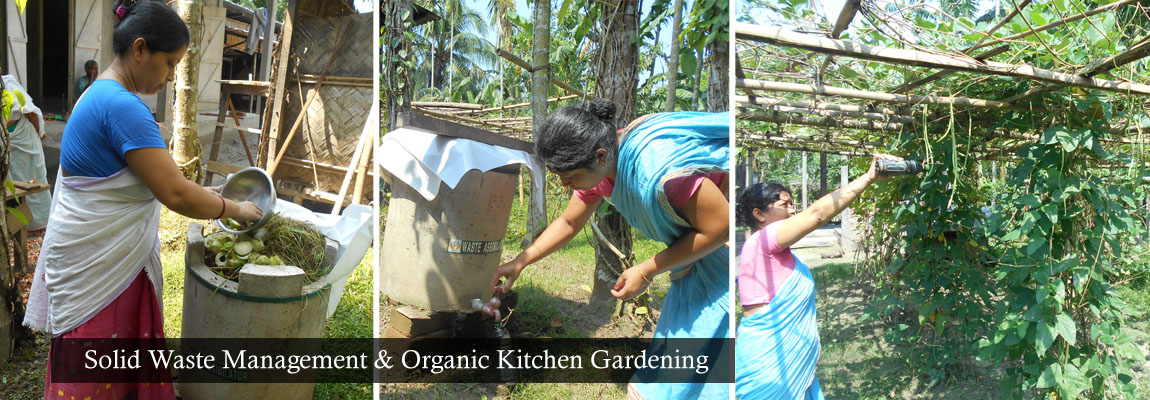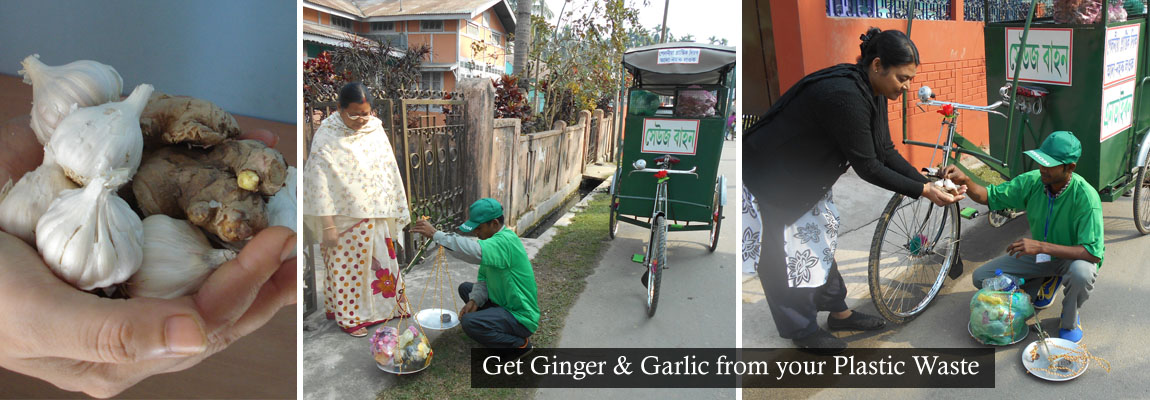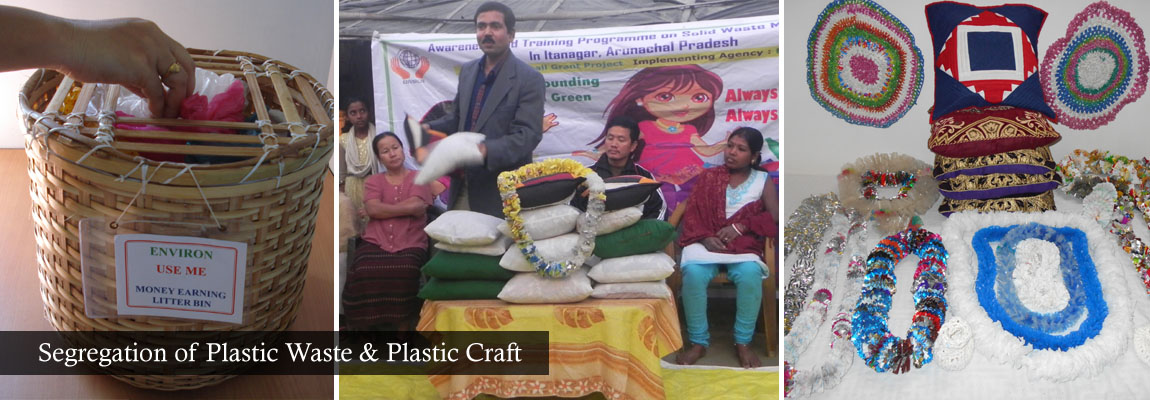Education Awareness
AWARENESS GENERATION PROGRAMME ON RTE 2009 ACT:
ENVIRON have successfully performed 65 nos. awareness camp on RTE Act, 2009 in the selected venues of Sonitpur (camp: 10), Dhemaji (camp: 20), Morigaon (camp: 20) and in Darrang (camp: 05) district of Assam, sponsored by Mission Director, Assam Sarba Siksha Abhiyan Mission. The project was started from 31-01-2012 and completed on 25th March, 2012.
Right to Education Act, 2009:
The Right of Children to Free and Compulsory Education Act or Right to Education Act (RTE), which was passed by the Indian parliament on 4 August 2009, describes the modalities of the provision of free and compulsory education for children between 6 and 14 in India under Article 21A of the Indian Constitution. India became one of 135 countries to make education a fundamental right of every child when the act came into force on 1 April 2010.
The National Commission for Protection of Child Rights (NCPCR) has been mandated to monitor the implementation of this historic Right.
NCPCR also invites all civil society groups, students, teachers, administrators, artists, writers, government personnel, legislators, members of the judiciary and all other stakeholders to join hands and work together to build a movement to ensure that every child of this country is in school and enabled to get at least 8 years of quality education.
The Right of children to Free and Compulsory Education Act has come into force from April 1, 2010. This is a historic day for the people of India as from this day the right to education will be accorded the same legal status as the right to life as provided by Article 21A of the Indian Constitution. Every child in the age group of 6-14 years will be provided 8 years of elementary education in an age appropriate classroom in the vicinity of his/her neighborhood.
Any cost that prevents a child from accessing school will be borne by the State which shall have the responsibility of enrolling the child as well as ensuring attendance and completion of 8 years of schooling. No child shall be denied admission for want of documents; no child shall be turned away if the admission cycle in the school is over and no child shall be asked to take an admission test. Children with disabilities will also be educated in the mainstream schools.
Prime Minister Shri Manmohan Singh has emphasized that it is important for the country that if we nurture our children and young people with the right education, India’s future as a strong and prosperous country is secure.
All private schools shall be required to enroll children from weaker sections and disadvantaged communities in their incoming class to the extent of 25% of their enrolment, by simple random selection. No seats in this quota can be left vacant. These children will be treated on par with all the other children in the school and subsidized by the State at the rate of average per learner costs in the government schools (unless the per learner costs in the private school are lower).
Pages: 1 2



